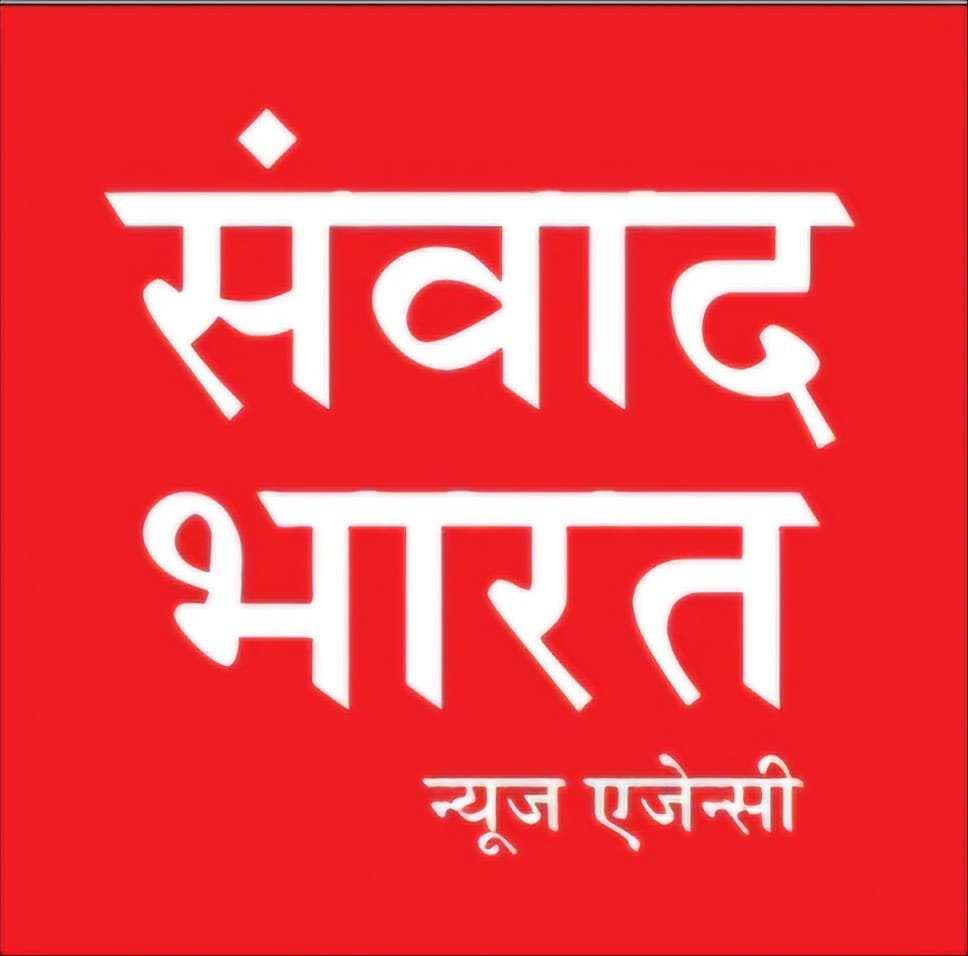My Account
Follow us on:
Powered By
Start generating passive income with up to 10% rental yield and an expected IRR of 18%
Invest Now
Powered By
Unlock Your Trading Potential: Trade like Experts with SEBI registered creators, Learn from Courses & Webinars by India’s Finest Finance Experts.
Invest Now
The Election Commission of India (ECI), on March 16, announced that the Lok Sabha elections are to be held in seven phases, from April 19 to June 1. The elections are to be held on April 19 and 26, May 7, 13, 20, 25, and June 1. All of which, except May 25, are weekdays. This poses a question: are polling days a paid holiday for employees? What does the law say? And what consequences follow if it is violated?
Interestingly, all of India’s major metros will vote on weekdays, except Delhi, which is expected to vote on May 25, a Saturday.
Why are polling days paid holidays?
The right to vote is a constitutional right, thus every person over the age of 18 is entitled to vote in India. The exercise of this right is important for India’s electoral democracy, thus, a citizen must not be denied the opportunity to vote, as per the constitution. Owing to this, the Representation of People Act, 1951, (RP Act), mandates that every enterprise must declare a holiday on the polling day in their area.
“Per Section 135B of the RP Act, it is mandatory for all organisations to grant paid leave to their employees on the date of the election, whether central or state,” said Ankur Mahindro, Managing Partner, Kred Jure.
The act clarifies that an employee must be given a paid holiday, and that his wages / salary for the day may not be deducted. “The employer must grant a paid holiday to all eligible employees on the day of the election. They must ensure that there is no deduction or abatement of wages,” said Abhishek Awasthi, Partner at RR Legal.
This provision is applicable to both public and private organisations, noted Rishi Sehgal, Advocate-On-Record, Supreme Court of India. According to the law, paid holidays must be granted to daily wage labourers and casual employees as well.
The rule also extends to employees ordinarily resident in the constituency where the election is being held, but serving / employed outside it, Awasthi noted. For example if a voter who is a resident of Chennai is employed in Delhi, the voter is entitled to a holiday on the day of the elections in Chennai.
Are there exceptions to this law?
According to the RP Act, “This section shall not apply to any elector whose absence may cause danger or substantial loss in respect of the employment in which he is engaged.” That is, no paid holiday needs to be provided to employees who are engaged in work of such a nature that their absence would pose a danger or cause substantial loss to the employer.
What are the consequences of not giving a paid holiday?
In case an employer does not grant a paid holiday on polling day, the employee can approach the ECI or the authority designated by it. “Employees facing such issues can report the violation to the Election Commission of India or the State Election Commission,” said Anant Singh Ubeja, Senior Associate, SKV Law Offices.
Sehgal noted that on receiving the complaint, the ECI is entitled to conduct an enquiry and impose a penalty of Rs 500, per the RP act. The ECI can also file FIRs under the Indian Penal Code for violating the order of a public authority, depending on the case, explained Sehgal.
Discover the latest business news, Sensex, and Nifty updates. Obtain Personal Finance insights, tax queries, and expert opinions on Moneycontrol or download the Moneycontrol App to stay updated!
Copyright © e-Eighteen.com Ltd. All rights reserved. Reproduction of news articles, photos, videos or any other content in whole or in part in any form or medium without express writtern permission of moneycontrol.com is prohibited.
You are already a Moneycontrol Pro user.
Access your Detailed Credit Report – absolutely free


